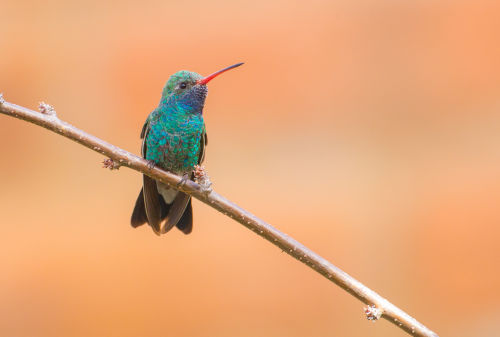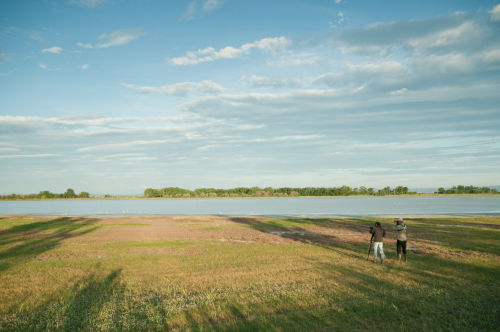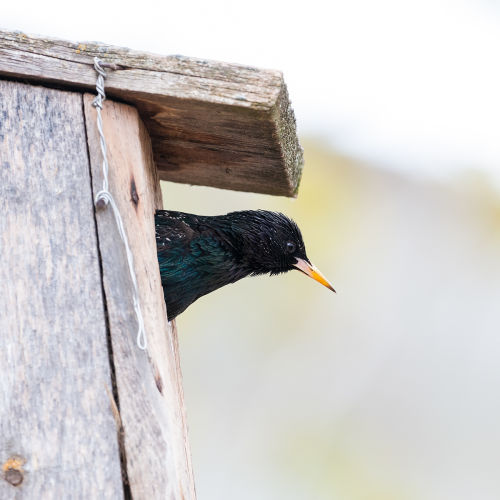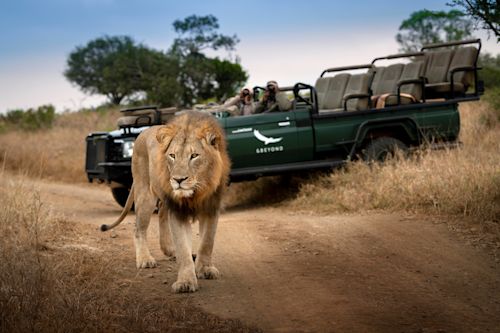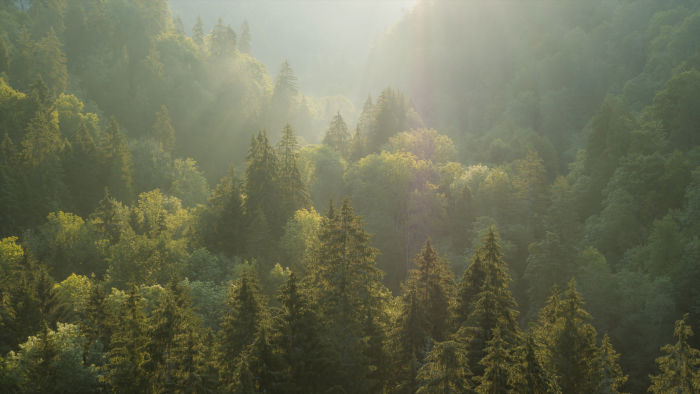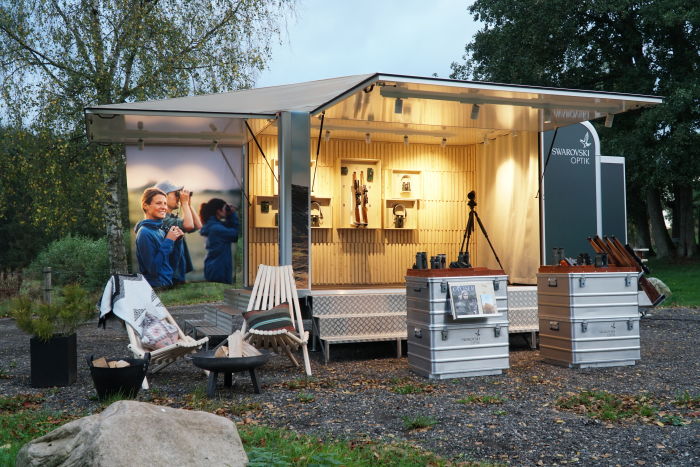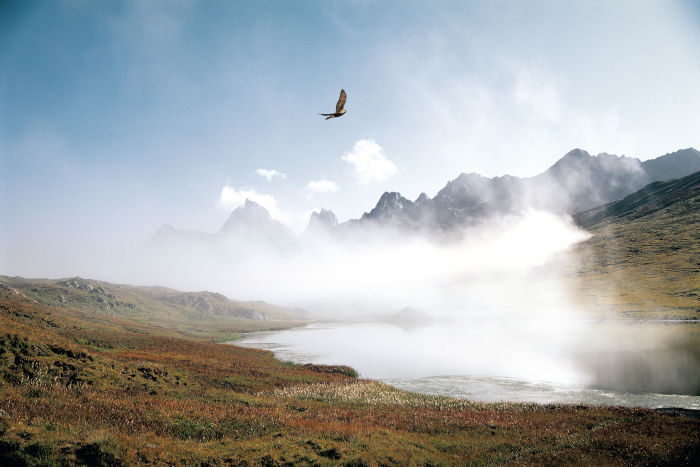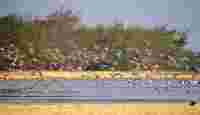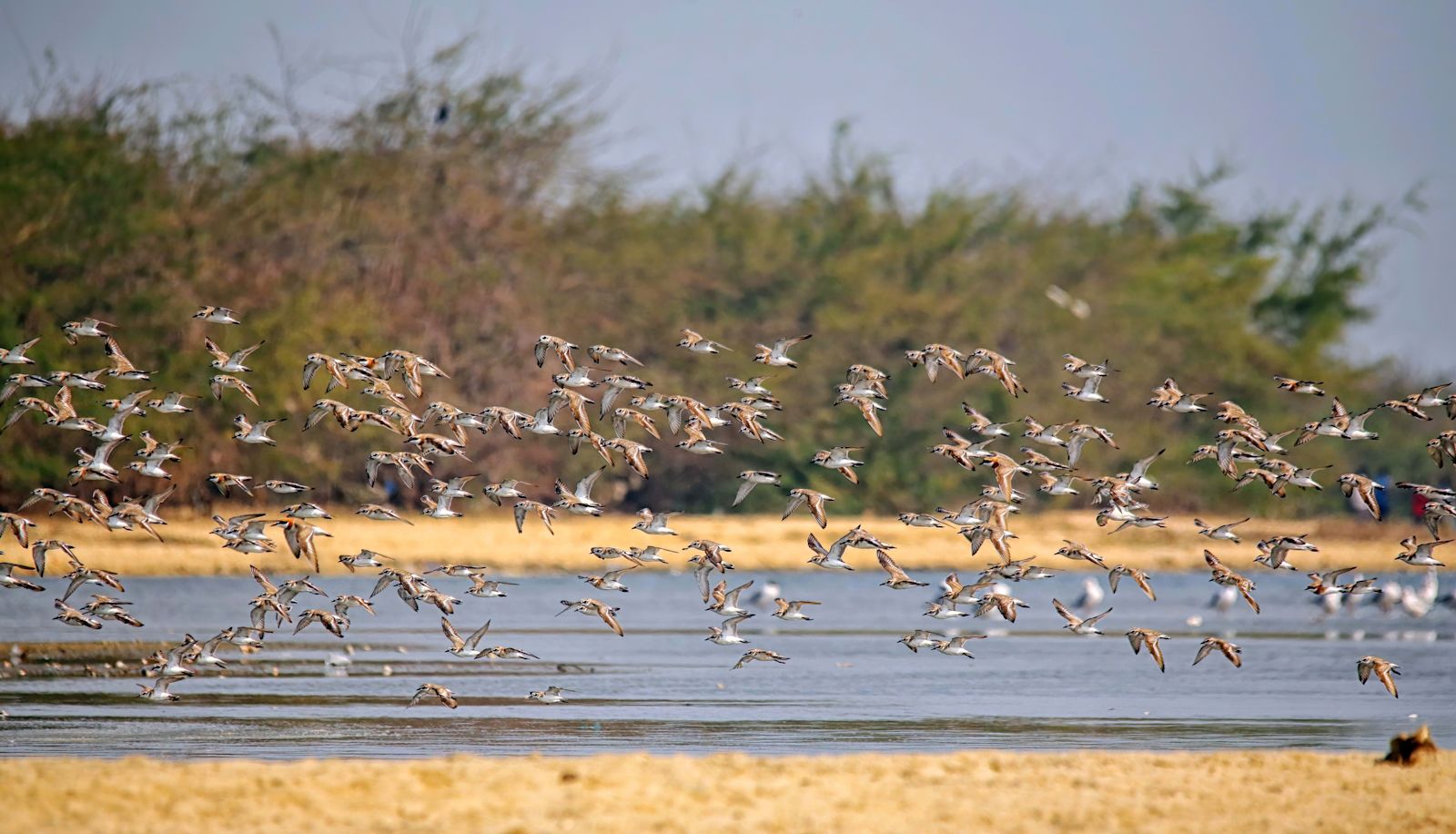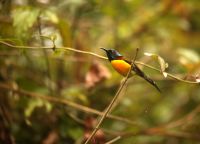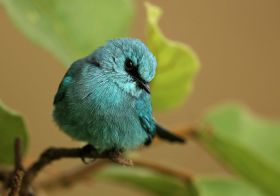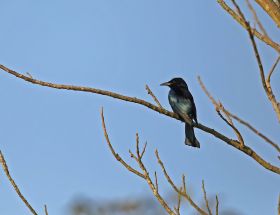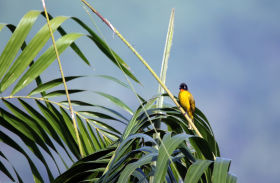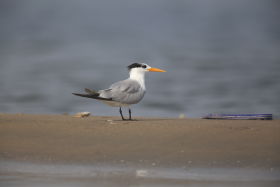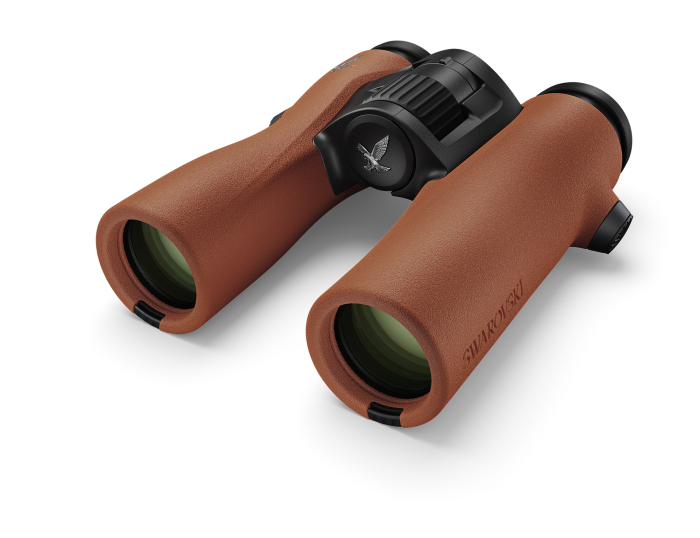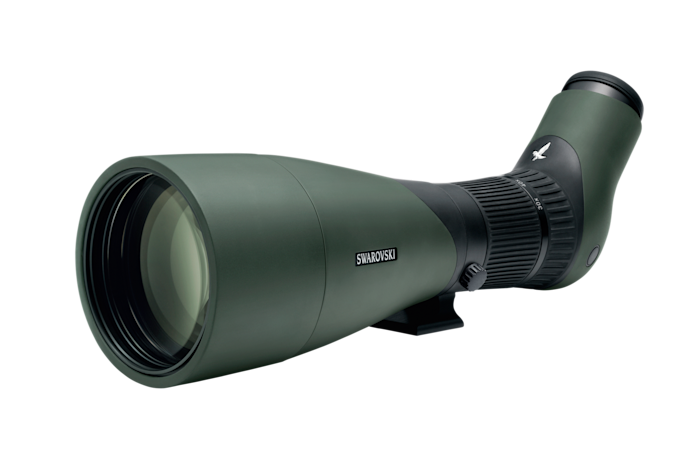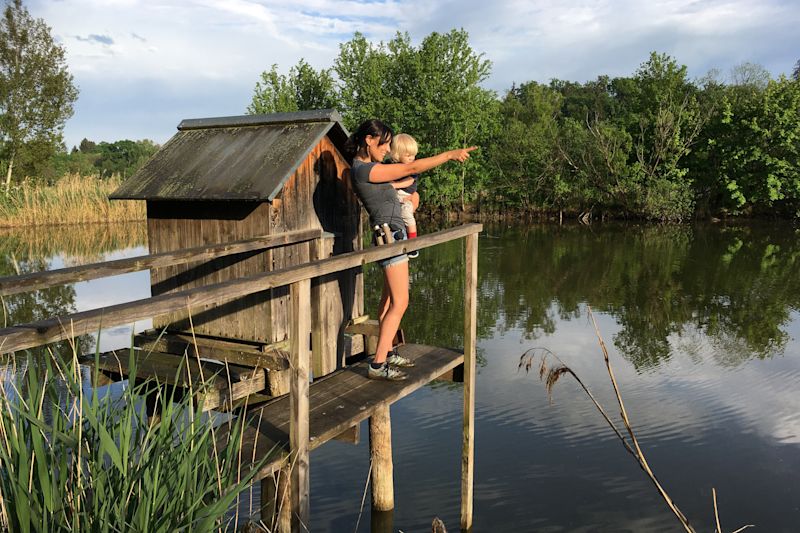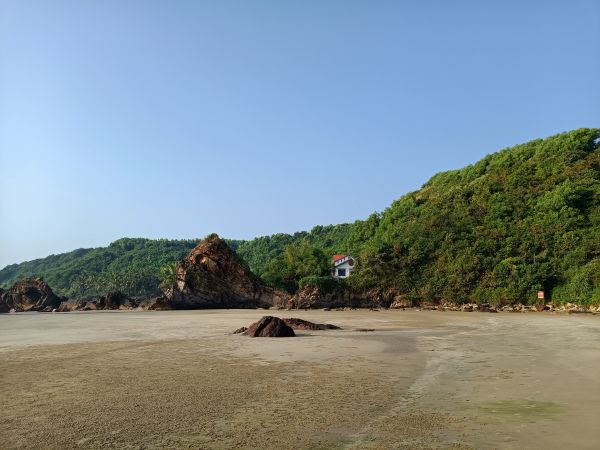
The plan:
A break at the beach without wildlife watching
It had been two months in the high Himalaya dealing with icy winds, layers of thermals and down, scanning the rocky treeless slopes for signs of the wildlife. Long periods in such conditions can make one yearn for a break among the calm of familiarity with simple things like trees and warmth.
My partner Faiza and I decided that it’s time for a break. A friend of ours recommended this nice little nook of private coastline with pristine beaches and a small cottage along the Arabian Sea. No ‘Wildlife-ing’ of any sorts – that was the deal. What happened when we reached there was a very different story!
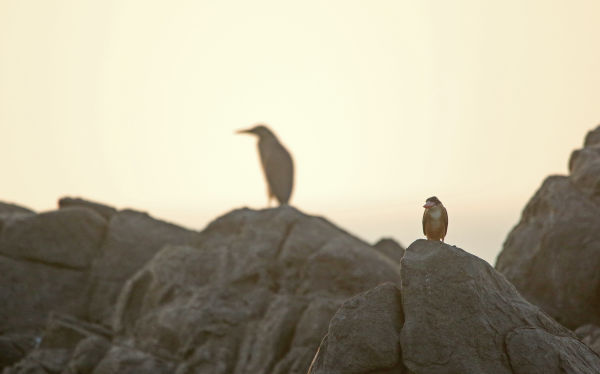
After a three-hour drive
we reached our destination:
a cottage that was tucked away among rocks and forest just next to beautiful sandy beaches. We felt like explorers, all alone. The next day, we were up and about early thanks to our years of being wildlife guides. We ignored the familiar morning tune of the Malabar Whistling Thrush and headed to the beach for a swim. Just as we were approaching the water’s edge, Faiza noticed a bright blue blob on top of a rock. On closer look we saw that it was a Black-cappedKingfisher. This is a bird I had seen in forest streams among Kipling’s Central Indian jungles and occasionally in Mangroves of the eastern coast. It was not a bird I had expected to see by the beach.
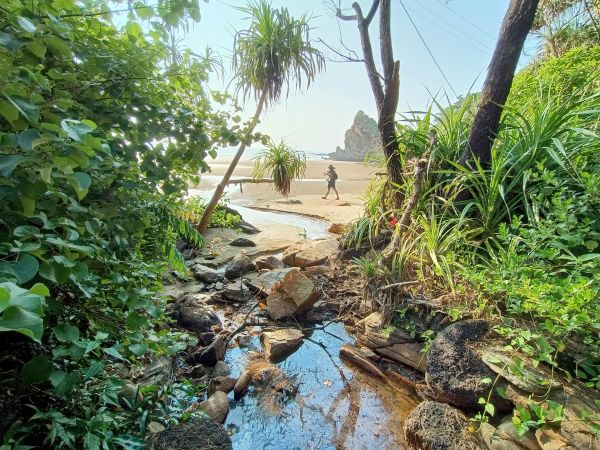
It was a long debate
as we watched this precision hunter
...preying on fish and crabs. Should we go back to get our binoculars and camera or ignore the temptation? Obviously, we chose the former. Next thing, we both were crouching behind a rock with binoculars around our necks and a camera slung on one side. While watching the kingfisher we noticed Reef Egrets, Pond and Striated Herons, a female Blue Rockthrush and a large flock of Sand Plovers chasing the waves for food along with a lone Common Sandpiper. It was like we were forcing ourselves to be blind to this diversity all this while. This was us in our element- this is what familiarity meant to us.
The forest also holds surprises
The next morning, we heard about a large Eagle probably living in a spot between the forest and the beach. Walking through the forest, we noticed a whole lot of birds that surprised us. We had almost forgotten that this slope was part of the Western Ghats forest landscape. We were suddenly coming across flocks of Ruby-throated and Gray-headed Bulbuls, Brown-breasted-, Paradise and Tickell’s Flycatchers, Green Warblers, Orange Minivets, Racket-tailed Drongos, a lone Spangled Drongo (another bird that we were more familiar with from inland forests), Flowerpeckers, Sunbirds and Orioles. We even heard the distinct calls of the Malabar Pied Hornbill. That was surely a first for us.
Observing a white-bellied sea eagle
As we reached the spot, a large white shape swooped above us and landed in a casuarina tree near us. We were being stared at by a large female White-bellied Sea Eagle. And she was sitting on her nest. Luckily, we found a clearing from where we had an uninterrupted view of the nest. And now, we saw the two fluffy down-feather covered chicks.
Suddenly, we heard a loud call from out in the ocean. The male was returning with a large fish in his talons. The female responded to the call and the chicks cocked their heads up. He swooped down to the nest. Now the female took off into the blue abyss while he fed on the fish and regurgitated food for the two little feather balls. What a moment that was.
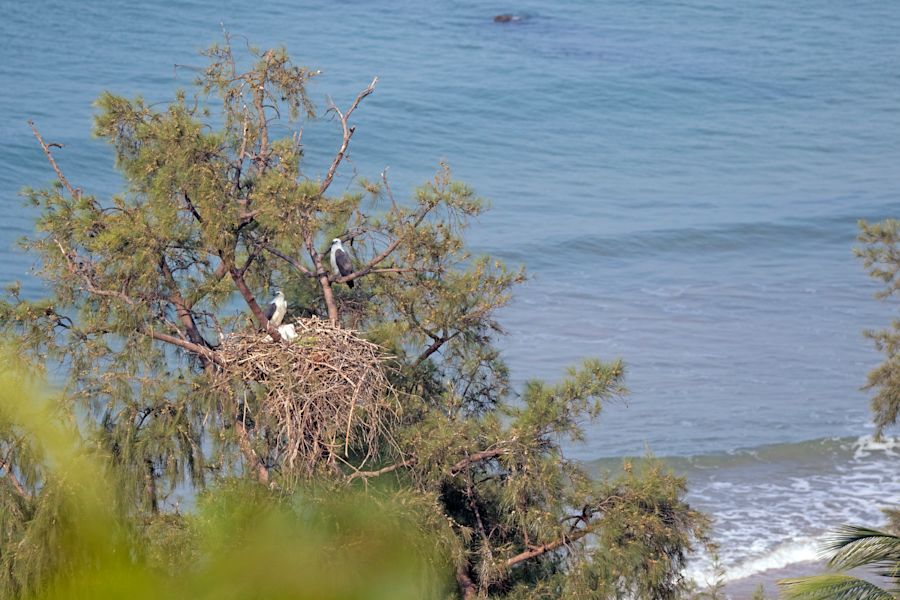
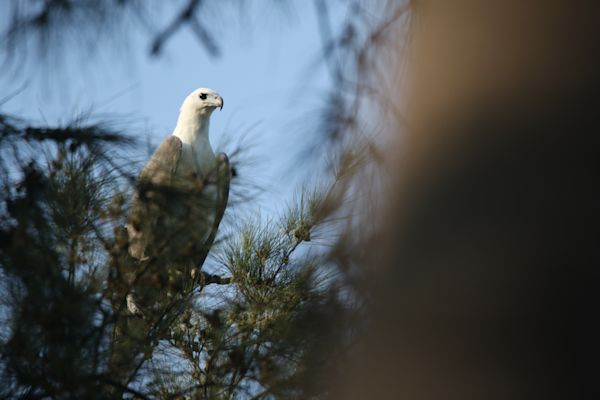
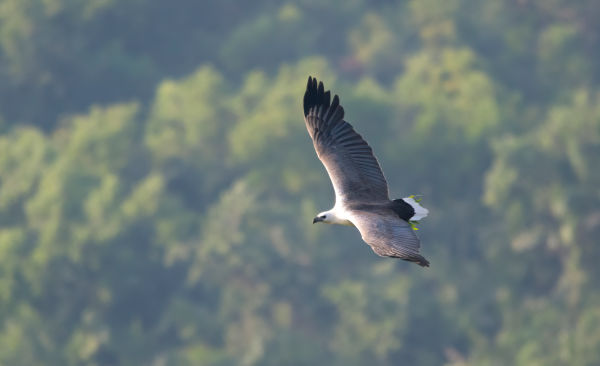
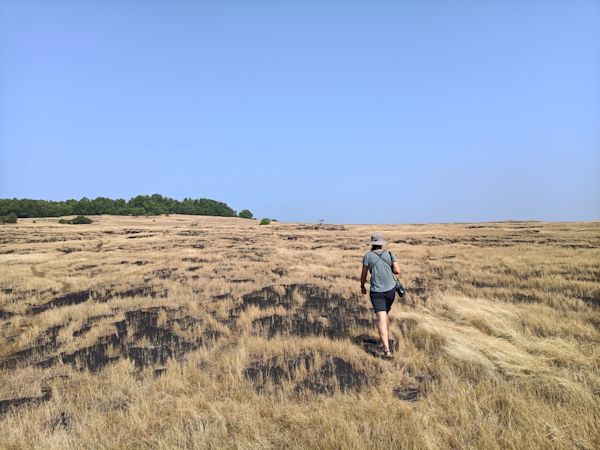
Over the next
two days
...we spent every morning and evening walking the forests, recording birds and watching the white-bellied sea eagle’s nest. On the nearby laterite plateau, we could observe large flocks of Syke’s Short-toed and Malabar Larks, Blyth’s and Richard’s Pipits, White-browed Bulbuls, Lapwings, a lone Shaheen falcon, a pair of Steppe Eagles, a Crested Serpent Eagle and large flocks of Barn and Red-rumped Swallows. It was like we were exploring multiple habitats from our base at the beach.
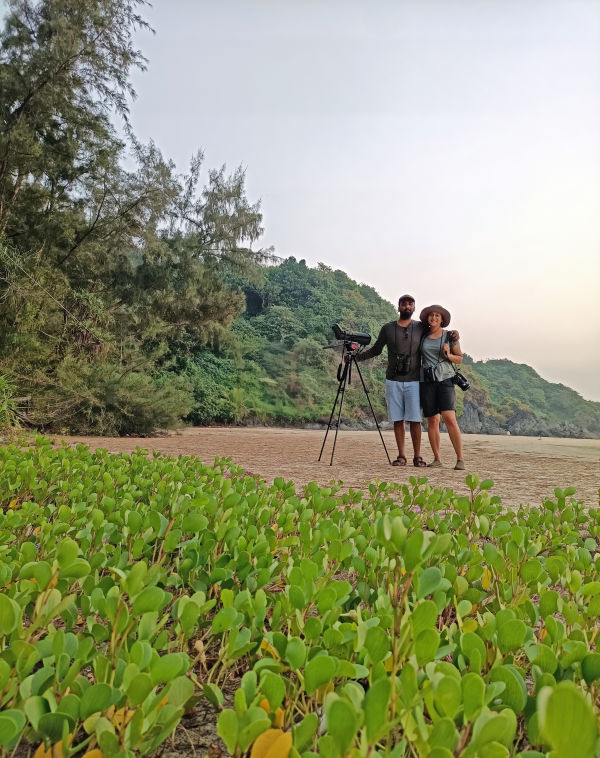
The overall
bird list
...ended up being over 120 species including pelagic, coastal, forest and grassland species of birds. Plus, we took some night walks during low tide looking for stranded fish, shrimps, crabs, nudibranchs and sea snakes. We reflected on our friend mentioning that there is no wildlife here for us when she recommended the place. How pleasantly surprised and delighted we were to find out otherwise
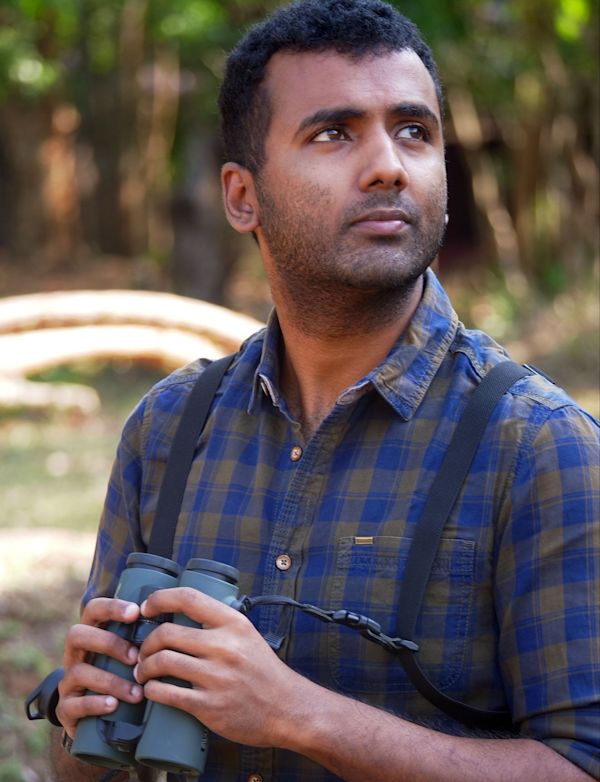
About the author:
Surya Ramachandran
Surya Ramachandran is an engineer from the south indian city of Chennai who later pursued his passion into the wild. His jungle journey that commenced in the forests of Satpura at Forsyths, started as an intern and then later turned into a full time naturalist. He currently is working on creating wildlife tours in off the map destinations and setting up wildlife lodges and experiences in Ladakh in the trans-Himalayas with snow leopard and other lesser fauna present there as the focus.
